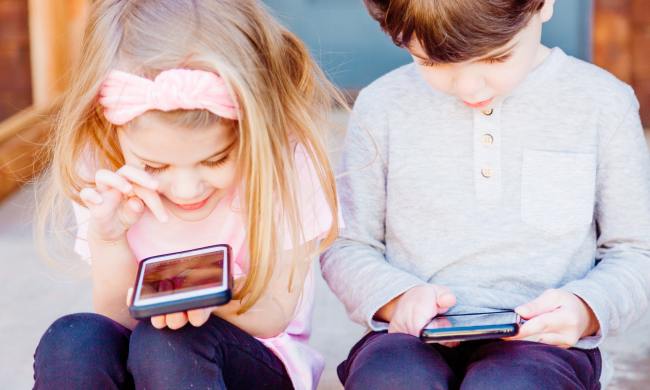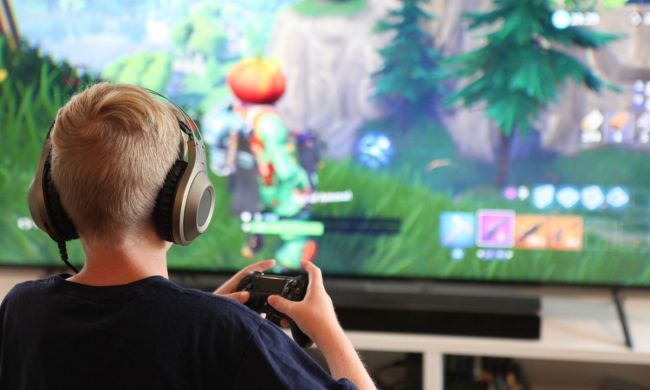COVID-19 fatigue is real and we’re all itching for some travel. With the school year coming to an end and vaccine distribution increasing, it’s definitely tempting to click that “book” button for your next family vacation. However, the question to ask is, is it safe to travel with unvaccinated children even if you’ve received the vaccine? The guidelines for safe travel during the pandemic are ever evolving, but we’re here to assist you in making a well-informed decision.
Although vaccinated individuals are less likely to get and to spread COVID-19, it remains imperative to follow implemented guidelines, like wearing masks, washing our hands, and maintaining distance from others. So where do children fall into this? Even if you’re fully inoculated, covid vaccine travel can pose a health risk to the whole family when you have kids for a few different reasons.
1. Flying
According to the CDC, fully vaccinated individuals can safely travel domestically via airplane. If you still want to travel internationally, there’s a high chance that your children will need to present negative COVID-19 tests and/or quarantine upon arrival. The CDC recommends avoiding international trips if you are unvaccinated, especially since traveling internationally does increase your chances of catching the virus. If you’re flying from a low-risk destination to a location where COVID-19 numbers are rising, your kids also have a higher risk of being exposed in a new group of people and area.
2. Mask wearing
Thankfully masks are required on every flight and in most public areas, but you’ll have to ask yourself if your child going to be able to wear a mask on a long-haul flight. Currently children aged two and older are required to wear masks in public locations. If your children aren’t attending in-person schooling or have difficulty wearing masks, practice consistent mask use at home or take local trips to prepare.
3. The vaccine for kids
As of right now, anyone under the age of 16 does not have access to the COVID-19 vaccine, leaving them susceptible to the virus, especially during travel. However, it’s expected that the FDA will soon authorize a Pfizer vaccine for kids ages 12 to 15 years old. Even if this vaccine is approved and you decide you want your teens to receive it, all younger children still remain at risk. Kids vaccine travel is still further away.
What about grandparents?
Now that COVID-19 restrictions have been in place for over a year, one of the places most of us want to pay a visit to is the homes of our grandparents. If the elderly are vaccinated and so are the adults in your immediate family, the risk of infection towards grandparents does decrease, especially if extensive travel is not involved. However, keep in mind that kids are often carriers of the virus and the vaccines are not 100% effective. Ultimately, it will depend on the specific circumstances and comfort levels within your own family.
Low risk travel
While traveling during a pandemic is not the easiest or safest thing to do, have no fear because you still have vacation options without flying. Taking a road trip and traveling by car is your safest option. You can drive as far as you’d like or stay local – it’ll be more cost effective too. It’s time to take that RV trip you’ve always been dreaming of!
Another way to decrease risk of infection is by opting to stay in a rental property over a hotel or resort. You can even choose to pitch a tent and go camping, avoiding typical properties altogether. Finally, choose a destination with outdoor activities where transmission is low, like a beach or national park.
If you have to travel or are making the executive decision to take your family on a trip, remember to do the following for easier and safer travels:
- Practice mask wearing
- Know the testing requirements
- Know the risk of your destination
- Skip the layover and book a direct flight
- Follow your state’s re-entry requirements
- Avoid crowds and social distance
- Sanitize, sanitize, sanitize
The final verdict
While the vaccine is here and the weather is getting warmer, we are still seeing a rise in COVID-19 numbers in some areas. Because children, especially the youngest, will be the last in line for a vaccine, it may not be the safest to travel as a family right now. Keep your kids and others safe while staying home, participating in a staycation, or embarking on a road trip. Non-essential travel may not be the safest or easiest thing to take on at the moment, but eventually your entire family will be able to hop on a flight. For now, patience is key.


